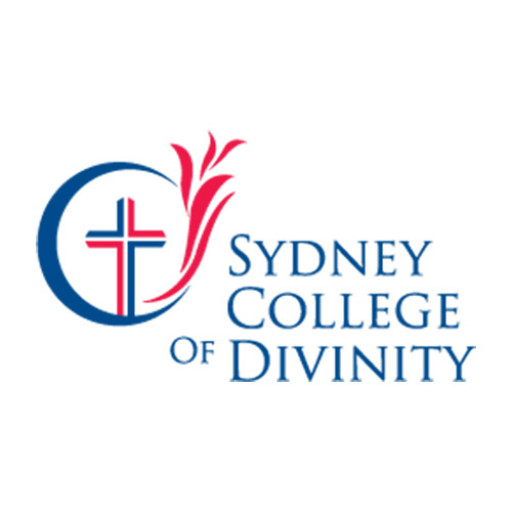Photos of university / #universitaetbonn
The Ecumenical Studies (Extended) master's program at the University of Bonn offers students an in-depth and comprehensive exploration of the theological, historical, and cultural dimensions of ecumenism and interfaith dialogue. Designed for individuals interested in understanding the complexities of Christian denominations and other faith traditions, this program emphasizes both theoretical knowledge and practical skills necessary for fostering dialogue and cooperation among diverse religious communities worldwide. The curriculum integrates a multidisciplinary approach, drawing from theology, history, sociology, and political science, to provide students with a holistic perspective on religious pluralism, intercultural communication, and conflict resolution within religious contexts. Throughout their studies, students engage in rigorous academic coursework, participate in seminars, and undertake research projects that examine contemporary issues relating to ecumenism, religious tolerance, and global religious movements. The program also offers opportunities for fieldwork and internships, enabling students to apply their learning in real-world settings such as churches, religious organizations, and intercultural institutions. Emphasizing both academic excellence and practical application, the Ecumenical Studies (Extended) program prepares graduates for diverse careers in ecclesiastical institutions, non-governmental organizations, international agencies, and academia, where their expertise can contribute to fostering understanding and cooperation among different faith communities. With a diverse student body and experienced faculty members specializing in ecumenical issues, theology, and interreligious dialogue, the program provides a stimulating intellectual environment. Graduates of this program will be equipped with critical thinking skills, theological insights, and intercultural competence necessary for addressing contemporary global challenges related to religion and society. By encouraging open-mindedness, ethical reflection, and a commitment to peaceful coexistence, the Ecumenical Studies (Extended) program at the University of Bonn aims to cultivate knowledgeable and compassionate leaders dedicated to promoting dialogue, mutual understanding, and social cohesion worldwide.
Educational organisation
During the two semesters from October to June, students attend six basic modules of 30 hours each and five specialised modules, each consisting of three topics and comprising 36 hours each. Basic modules provide students with a general knowledge and an overview of the subject. Specialised modules provide detailed knowledge on issues of special importance. The programme comprises four field trips to European and German institutions, organisations and companies, a career development programme as well as business talks, in particular, with practitioners from the private sector and alumni.From June to August, students write their Master's thesis.
Study abroad unit(s)
On a voluntary basis during a voluntary internshipInternships
ZEI supports students who want to pursue an internship after completion of the programme.Forms of assessment
Forms of assessment: exams and papersFor successful completion of each module, MES awards 4 ECTS, for the Master's thesis 16 ECTS.
Course objectives
The development of the EU has increased the need for comprehensive expertise in European affairs as well as in the sources and effects of integration at all levels of government and in the private sector in the EU. The transformation process includes and affects the development of EU institutions and their interplay with national institutions in EU member states. Political decisions and legislative acts in the EU continuously generate new regulatory frameworks. The interplay of governance and regulation constitutes today's reality in the EU.ZEI's Master's programme is a research-based response to this development. It enables European and non-European graduates to become experts in the interplay between political, legal and economic aspects that constitute today's life in the EU and influence the EU's relations with other parts of the world.
It prepares students for an international career in EU institutions, international organisations, national administrations, NGOs and global companies.
Language requirements
Fluency in English(Please check our website for details: https://www.zei.uni-bonn.de/education/master-of-european-studies-mes?set_language=en)
Academic requirements
- Graduate degree from a university
- familiarity with the EU (history, institutions, and functioning)
- work experience of at least two years or
- 240 ECTS credit points plus work experience of one year
Enrolment fees
Covered by tuition feeCosts of living
We recommend a budget of around 800 EUR per month for accommodation, living expenses, public health insurance, books and miscellaneous purchases.Job opportunities
Due to the intensive format of teaching contents, working while participating in the programme is not recommended.Arrival support
The programme coordinator and student assistance at ZEI support students with information about their stay in Germany and assist with organisational issues for the programme prior to students' arrival. The programme coordinator can arrange accommodation in student dorms.Services and support for international students
- Career Development Programme (application training, personal profiling, preparation for EU and international entry-level competitions, intercultural training sessions)
- personal consulting on career track and application strategies
- close contact with professors and directors of ZEI
- support via the programme coordinator and student assistances
- support via the International Office of the University of Bonn
- reading materials, computer facilities of the highest technical standard, libraries









